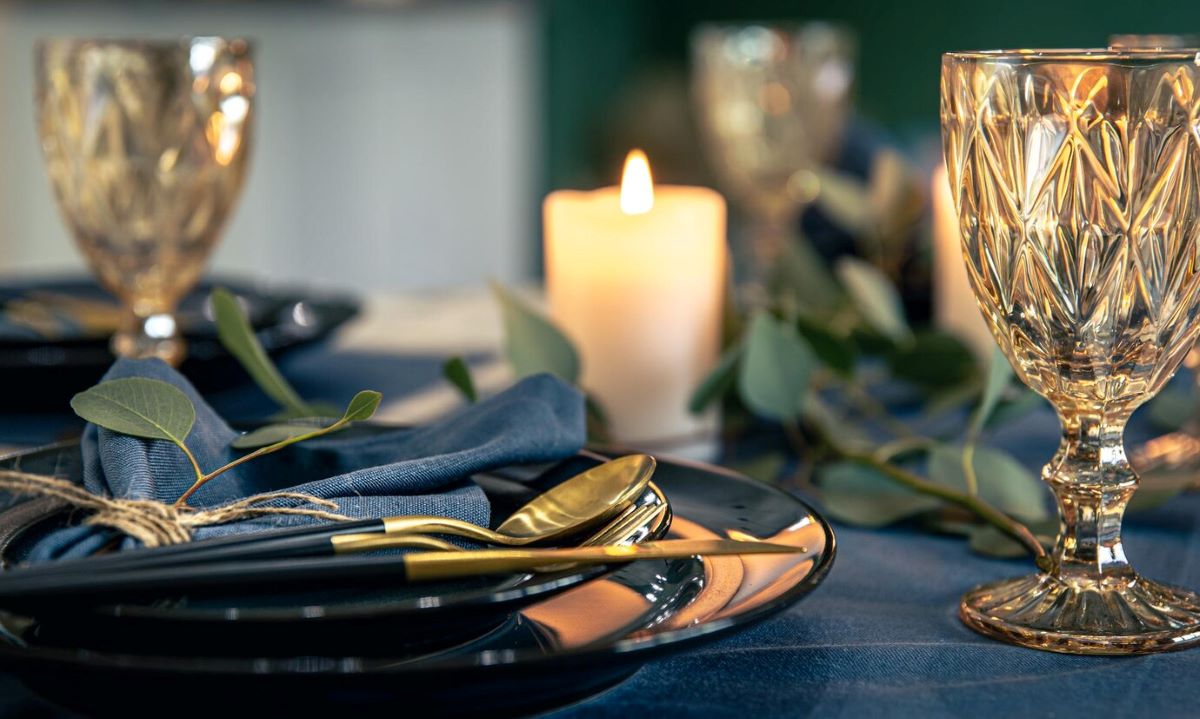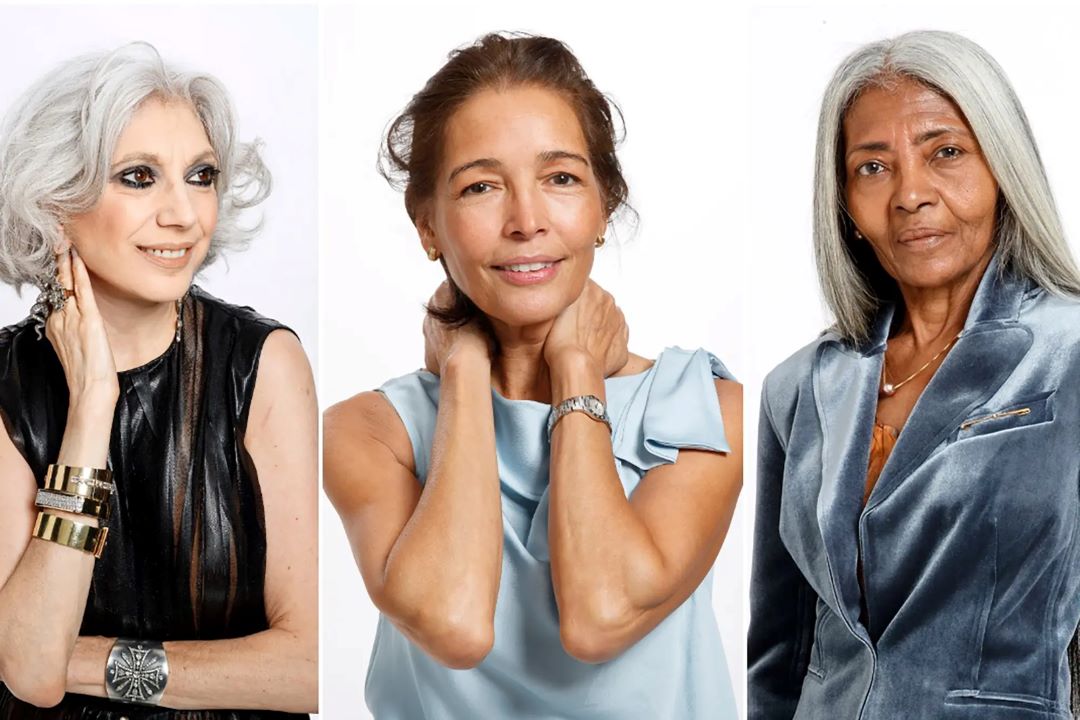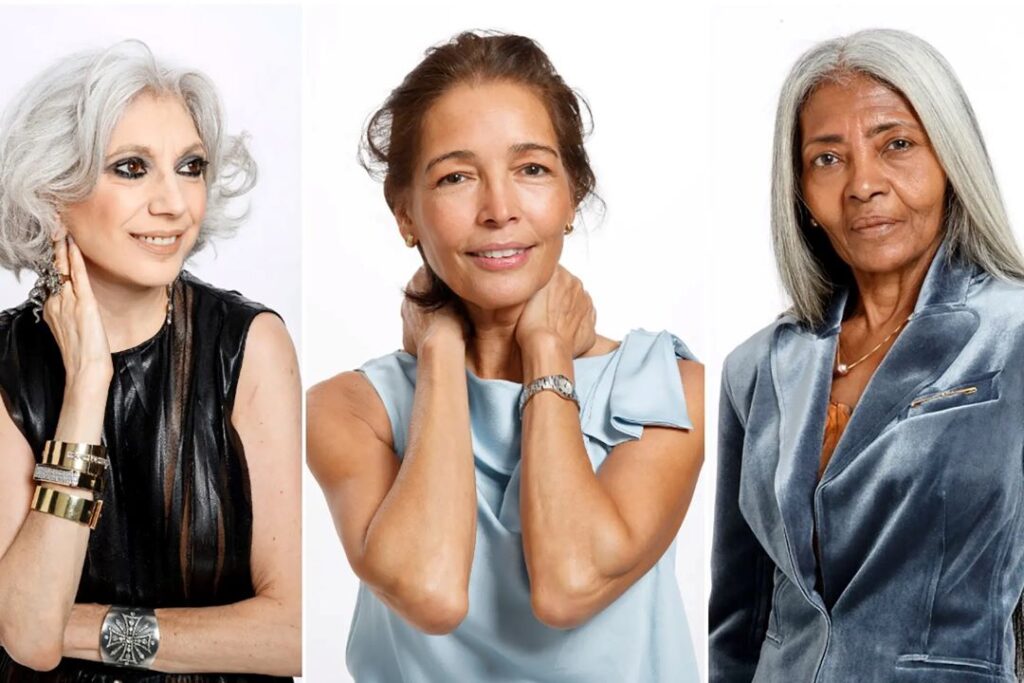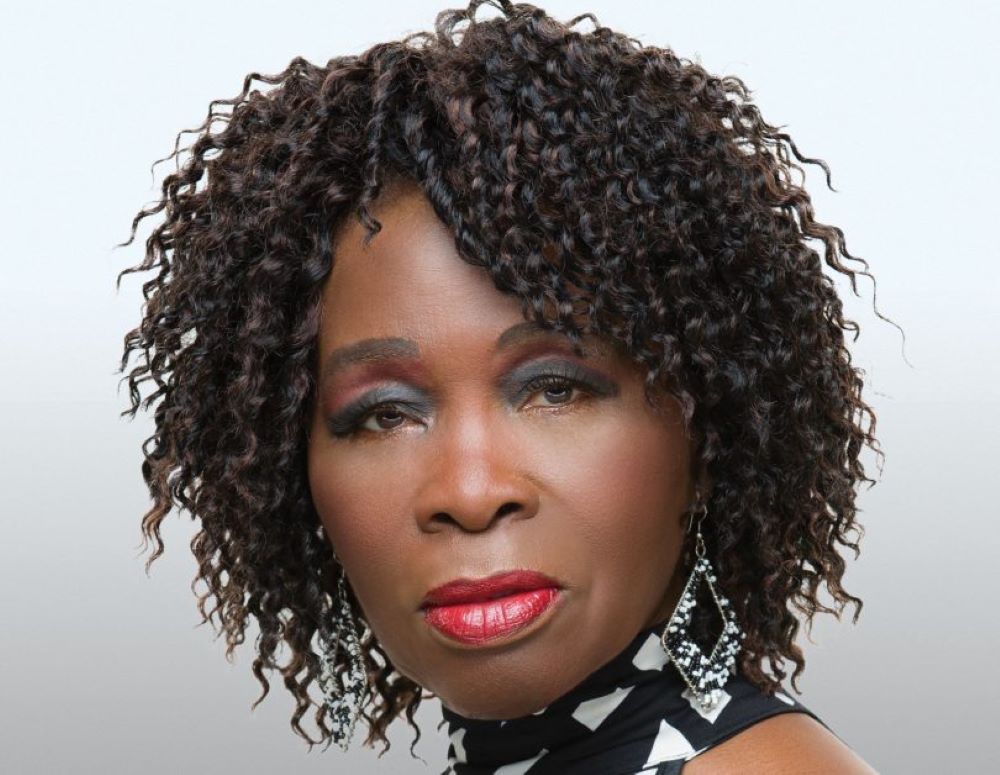Many people believe that maturity comes with age, but that doesn’t necessarily prove true for everyone. When it comes to relationships, emotional maturity involves compromise, consideration, and putting the other person’s needs first.
When your relationship is mature, it can withstand whatever life throws at it. Mature relationships also foster an environment of trust, respect, and open communication.
Granted, as adults, we may sometimes claim to be emotionally mature, but that maturity is not based on age alone. It is about the level of responsibility and awareness we display over time.
If you want to gauge your level of emotional maturity in your relationship, here are nine ways to do so.
Understand that relationships are Give-and-Take
Finding balance in your relationship is important. That involves taking the other person’s feelings into account. If one partner is self-centered and always taking without giving back, eventually, the relationship will falter and lose balance. On the other hand, if both partners are constantly giving without paying attention to themselves, they might become resentful.
Communicate Effectively
Communication isn’t about talking only; it also means being a good listener. Two-way communication allows you to listen to each other patiently without getting frustrated. Good communication in a relationship allows a couple to handle conflicts better. It also increases self-awareness and trust and encourages empathy and understanding.
Accept your Partner’s Flaws
We all are imperfect, which means we are prone to make mistakes. This is especially true in a relationship. Emotionally mature people don’t necessarily overlook their partner’s flaws, but they also do not dwell on them. Learning to accept and tolerate your partner’s flaws allows you to move forward with the relationship. It is a strength, not a weakness.
Don’t try to Change your Partner
Forcibly trying to change your partner does more harm than good to your relationship. It can also lead to misunderstandings. When contemplating changing a trait, take a step back and ask yourself why. Is it because you want your partner to be truly happy, or you want them to become more like you?
Show Interest In what your partner is interested In
Showing interest in your partner goes beyond caring for them when they need you. It also involves sharing their passions, hobbies, and joys. Many relationships might benefit from mutual interests, but taking part in a hobby or pastime that your partner enjoys and you don’t necessarily like creates connection and understanding.
Taking interest helps you bond; you will be more vulnerable and open to one another whenever you need to. When you are a team, you can accomplish many things and support each other to achieve any life goal.
Don’t be Afraid to be Yourself
Emotionally mature people are not afraid to be themselves around their partner. This creates a sense of trust and intimacy. Contrary to what most people think, putting on a mask while dating and pretending to be someone you are not, will not benefit you in the long run. Eventually, the mask will crack, and your true self will emerge.
Be Supportive of One Another
Emotionally mature people do not view their partner as a rival. They always support their dreams and goals and will do whatever it takes to cheer them on. This includes much more than offering emotional support. It also involves offering practical assistance.
Being an active participant in your partner’s life dreams is a remarkable opportunity to foster connection. Finding shared meaning in your relationship creates memories built on trust and appreciation.
Be Willing to Compromise
Emotionally mature people are willing to compromise, that means they do not insist on things being done their way. When one or both partners compromise, the relationship can move on and flourish. A “my way or the highway attitude” never works. It can lead to repeated conflicts, which can eventually erode the relationship over time.
Deal with Conflict Constructively
A healthy relationship will have its share of arguments and conflicts. An emotionally responsible and mature person will deal with conflict in a calm, composed manner. Even if you quarrel, admitting mistakes and apologizing will help you constructively resolve conflicts.
If someone makes a mistake and takes responsibility for their actions, thank them and accept their part to improve the relationship. Resentment and clinging to the past creates an unhealthy environment that leads to more problems.
A mature relationship always has less doubt and hurt and more love. It makes you support one another despite any differences. If you are struggling with your relationship, a licensed therapist or relationship coach can help you handle difficult situations.
Aaron Levinson | Staff Writer








